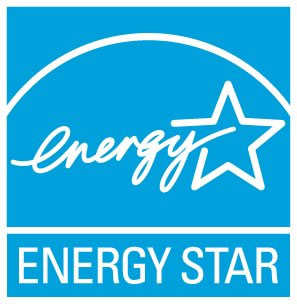Technology Assessment Division
Programs
The Home Energy Rating
|
|
|
A home energy rating includes the following:
|
Who benefits from the Rating?
The information provided by a home energy rating can be used by the following parties:
- Homeowners wishing to upgrade or sell their homes
- Home buyers seeking to make an informed decision about energy costs in the purchase of their new homes and seeking to qualify for a mortgage
- Builders or real-estate agents selling energy-efficient homes
- Lenders who can take the rating into consideration on loan applications and more easily qualify buyers for mortgage and home-improvement loans
- Appraisers who need to help determine the effect of energy efficiency factors on value
- Electric utilities seeking to provide customers with useful information about home energy efficiency and possibly energy-saving opportunities for their homes.
The Two Types of Energy-Efficient Mortgages
Energy-Efficient Mortgages (EEM's) are appropriate for two different scenarios:
Homes Already Energy Efficient
For homes already energy efficient at the four-star level or above, lenders can use more lenient underwriting guidelines. This is permitted because an efficient home will have lower energy bills, leaving the owner with more income available for mortgage payments.
Homes Needing Improvements
The second type of EEM applies to home buyers who wish to upgrade the energy efficiency of their homes at the time of purchase. In this case, the cost of the upgrades can be included in the mortgage, with the resultant reduced energy costs offsetting the cost of the extra financing.

 The home energy rating is a standard measure of a home's energy efficiency established by the Residential Energy Services Network (RESNET). It lets you compare the energy efficiency of one house to another, estimates your future energy bills, and recommends improvements that will save you money. The rating provides an index score on a 100 point scale in which 100 is the performance of the new home built to meet the International Residential Code of 2006, which is in effect in Louisiana. A home that performs to an index of 85 or less is an Environmental Protection Agency Energy Star home. A home that uses less energy than it produces will score an index of 0. The rating scale below is a sample:
The home energy rating is a standard measure of a home's energy efficiency established by the Residential Energy Services Network (RESNET). It lets you compare the energy efficiency of one house to another, estimates your future energy bills, and recommends improvements that will save you money. The rating provides an index score on a 100 point scale in which 100 is the performance of the new home built to meet the International Residential Code of 2006, which is in effect in Louisiana. A home that performs to an index of 85 or less is an Environmental Protection Agency Energy Star home. A home that uses less energy than it produces will score an index of 0. The rating scale below is a sample: